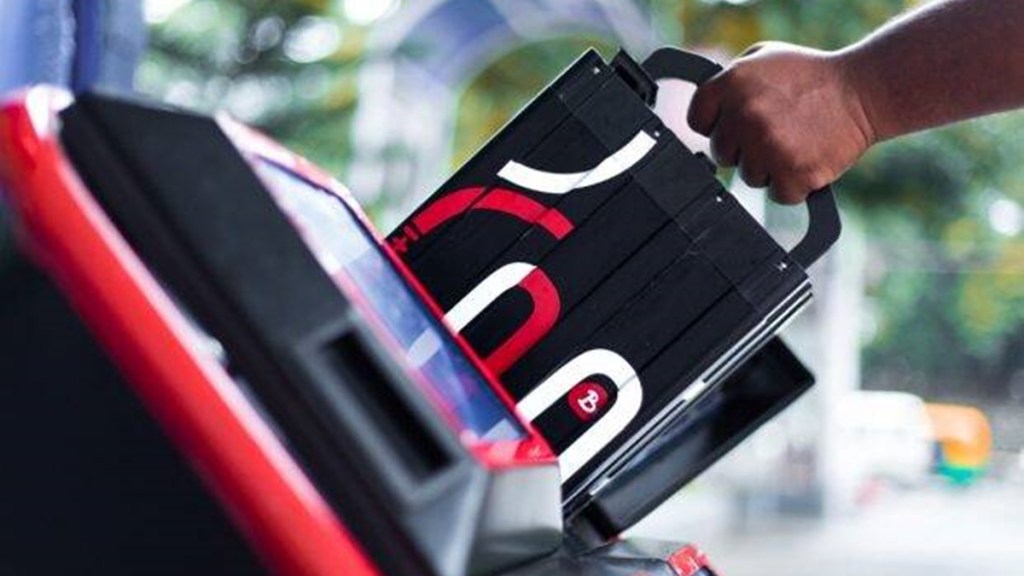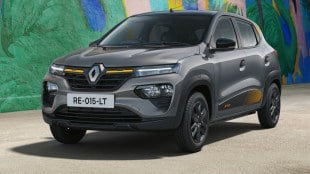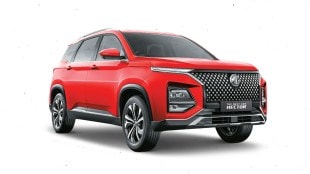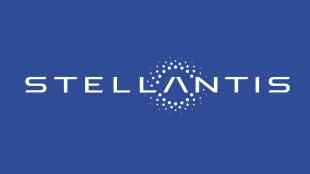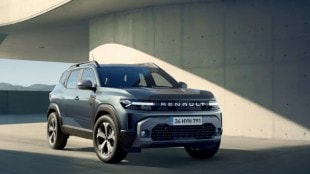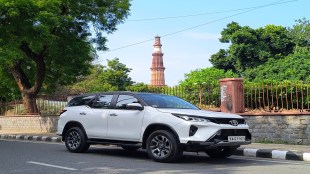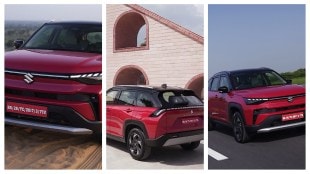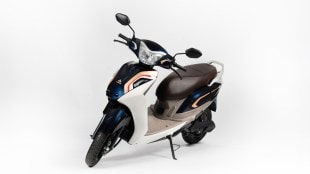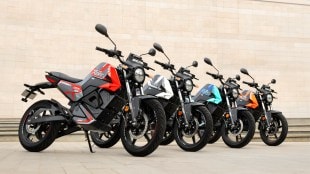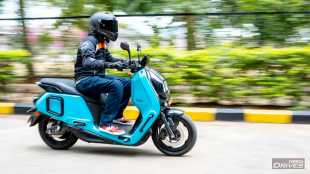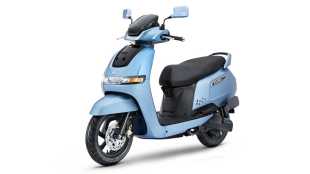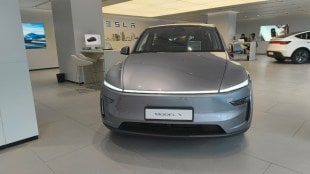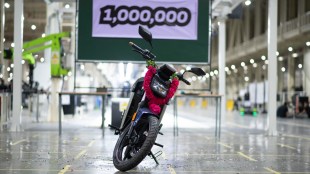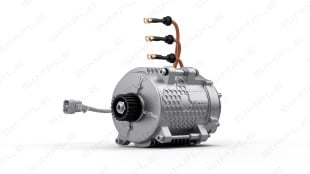The start-up ecosystem welcomed the announcements related to a new centralised policy for electric vehicle manufacturers and urban mobility start-ups. The finance minister said that the government will roll out a new policy for electric vehicle battery-swapping along with interoperability standards for public charging.
According to experts that FE spoke with, the new policies are expected to ease various consumer concerns in the EV and urban mobility sector, including range anxiety, transparency in per unit charging cost, and other aspects related to the smooth functioning of public charging infrastructure.
According to Vivekananda Hallekere, CEO & co-founder, Bounce, any effort to introduce standardization in charging will have to go through multiple rounds of development, testing and validation. Hence, adapting to new standards could become a time-consuming process for most start-ups in the vehicle sharing and EV space.
“Considering our wide acceptance across OEMs and form factors (2W and 3W) we are confident that the changes required, if any, may not lead to any significant changes… (However) there is always the question of how open the standard would be; whether it would meet all the use cases? Would incentives be aligned? Or how much of an impact will it have on the various vehicles on the basis of their dimensions like voltage platforms, etc,” added Hallekere.
Currently, two-wheeler sharing start-ups like Yulu, Bounce, and several others have fully adapted to their own battery swapping infrastructure for their EVs. But their form factor differs significantly from other higher-end two-wheeler EV manufacturers like Ather Energy, Ola Scooter, and Simple Energy. Since these start-ups already have a growing market presence, an interoperable standard for charging infrastructure is likely to raise compliance costs for both urban mobility and EV manufacturing start-ups.
Jyotiranjan Harichandan, co-founder of REVOS, which operates its own network of more than 25,000 public charging stations, said although there would be an increase in compliance cost, an interoperable standard would solve most of the charging issues faced by consumers, and remove friction of shifting from petrol vehicles to EVs.
“There might be some cost implication. But it’s still too early to determine that. Once the framework is out, we will be able to determine the implementation cost and time taken to roll out the new standards. We can expect these standards to come from Automotive Research Association of India (ARAI) in consultation with the Bureau of Indian Standards (BIS),” added Harichandan.
In addition, experts also point out that a new standard for public charging will also directly influence last-mile delivery and e-commerce deliveries, which are currently shifting from petrol vehicles to EVs. E-commerce firms, including Flipkart, Amazon, and hyperlocal delivery firms such as Dunzo, Swiggy, and others, had earlier set targets to cover their delivery fleets to EVs in the near future.
